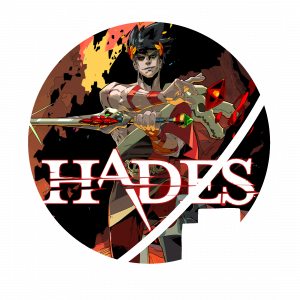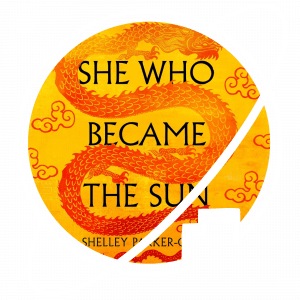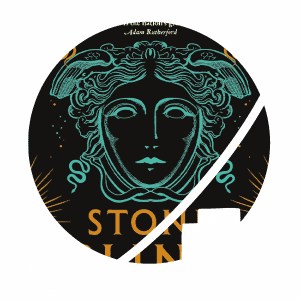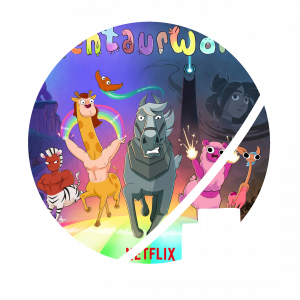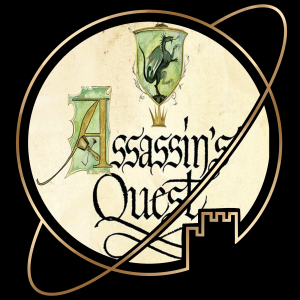- Novel written by Madeline Miller
- Published on 3 September 2011
- Standalone, though arguably followed by Circe
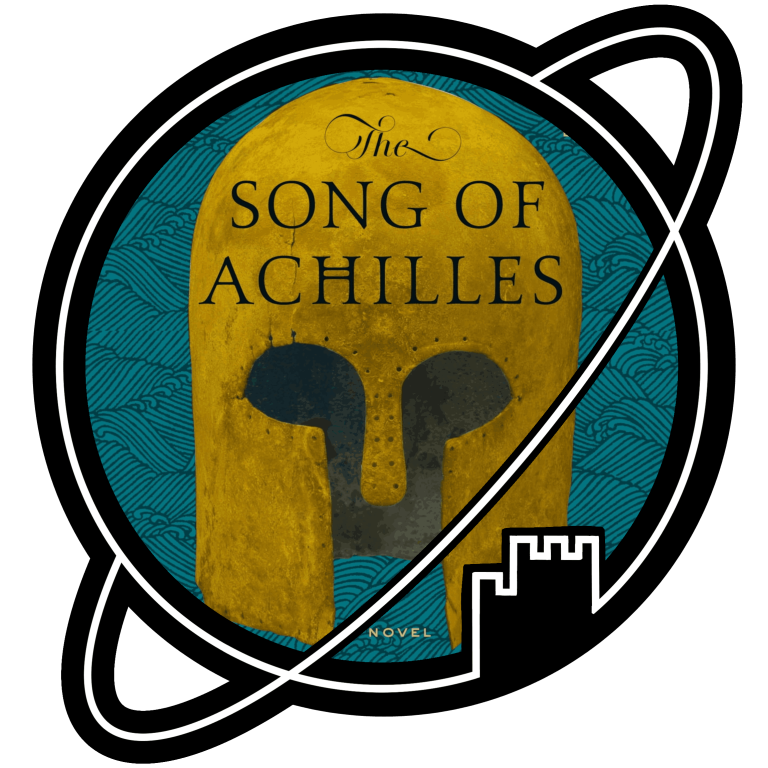

Listened to the audiobook with Frazer Douglas – very well read.
I don’t know about any of you, but I grew up with Greek myths. Some of my children’s books were retellings of those stories. I remember reading a Greek myth encyclopaedia somebody gifted my mum cover to cover. And when I was in high school, I actually learned to translate Homer myself.
As a result, the Iliad is a core story for me. I feel like I know the characters. I know what will happen. I know how it ends.
But that doesn’t mean reading the familiar story again is any less impactful. I feel a story like the Iliad is meant to be told and retold time and again. Miller’s The Song of Achilles fits in the cycle of retelling the ancient story that started in antiquity and is still ongoing today. I feel she respects and follows the origin of the story she retells, while at the same time adding new twists and elements that may be more suited to a modern reader without feeling completely out of place.
Because The Song of Achilles is effectively just another version of one of the world’s most well-know stories, Miller needs to draw us in with her prose, her characterisations, and her variations on well-know themes.
I feel like The Song of Achilles scores best on the style and prose. The novel just feels right, appropriately serious and epic without falling into the formulaic or overly dramatic.
Similarly, I think The Song of Achilles does a good job of fleshing out a couple of characters who hardly get a voice in the original Iliad, with Patroclos and Briseis in particular getting more attention than Homer gave them.
Unfortunately, I don’t really like Miller’s Patroclos. Despite being the stream-of-consciousness narrator of the story, he is surprisingly one-dimensional. Beyond his love for Achilles, there is really very little to him. While I get Miller’s choice to not make Patroclos a warrior, I feel this choice places him effectively on the side lines throughout the story. Patroclos is neither consulted nor respected for most of the story by anyone but Achilles, and I never felt like Patroclos did anything to make him worthy of respect or Achilles’ love. Put a little respectlessly, Miller’s Patroclos doesn’t struggle to be a warrior and fail; he tries ones and gives up. He doesn’t struggle to find a calling in a world that only respects warriors; he simple accepts his place as a second-tier man clinging to a half-god.
When Patroclos’ great act of foolish bravery and sacrifice finally comes round, I felt the only reason I accept it as a reader is because I already knew it was going to happen before I even read the first page. The episode where Patroclos – in this version of the story, accidentally – kills Sarpedon, really drives home how tough it is to marry this verion of the character with the text of the epic.
Fortunately, Patroclos is still mostly likeable – he just feels a little like Achilles’ trophy wife and I would have liked him to achieve something more than being nice and being the subject of Achilles’ love.
Then again, The Song of Achilles, like the Iliad, is the story of Achilles’ wrath first and foremost. And there, she does very well. I think that Miller manages to capture Achilles’ arrogance and entitlement expertly, filteredthrough the biased eyes of Patroclos, who loves Achilles too much to see.
I could go on for a while on how Miller interprets particular characters and events, like her cold-hearted version of Achilles’ mother Thetis. Some of them I like better than others, but I think the fact that I am engaging with Miller’s characters in that way at all shows how well she tapped into the source material.
Overall, I think I would have liked The Song of Achilles a little more if I would have felt stronger about Patroclos, who is, at the end of the day, the lens through which the story is told. But whether you like Patroclos or not, The Song of Achilles is a well-written retelling of the famous story that deserves its place in the long line of retellings and the fans of Greek myth should definitely read for the nostalgia alone.






